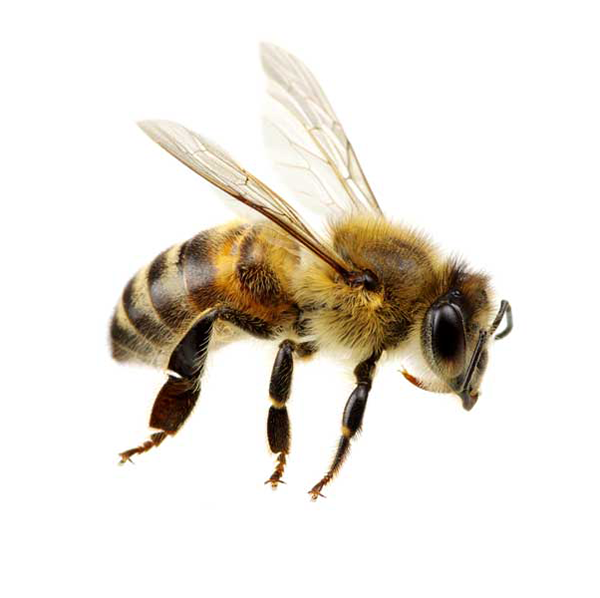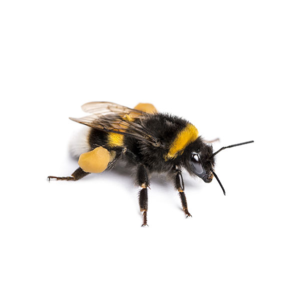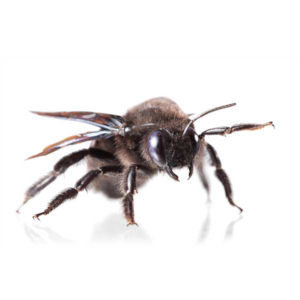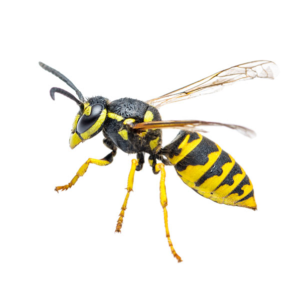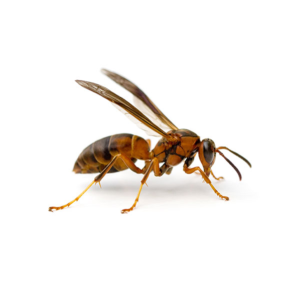Honey Bees in North Jersey
Honey bees are an incredibly important part of our ecosystem for their pollination habits. In just one day, a single honey bee can pollinate as many as 5,000 plants. True to their name, they also produce honey with the pollen they collect. A colony can survive for years and grow to contain tens of thousands of individual bees. Once a colony outgrows its hive, the bees will swarm to form a new nest. It typically takes a swarm around 24 hours to locate a new nest site. While these swarms are typically harmless, some species – such as the Africanized honey bee – are highly aggressive and may attack unprovoked.
Honey Bee Habitat
Because they depend on nectar and pollen from flowers, honey bees typically build their nests in protected areas near meadows, orchards, and other areas with lots of flowering plants. These nests are usually located in tree hollows or other shaded areas, such as attics or chimneys. Honey bees are also most active in the spring and summer when everything starts blooming. After collecting nectar and pollen, the bees convert the nectar into honey and ferment the pollen into something called “bee bread”, which they use as a food source.
Honey Bee Behaviors, Threats, or Dangers
Here in North Jersey we primarily see two main types: the European honey bees, which are generally not aggressive, and the Africanized honey bees – also known as “killer bees” – which are very aggressive and may attack for no reason. Only female worker bees are capable of stinging, and even then, they can only do so once. Their stings are barbed and leave the body after attacking, which will remain in your skin unless physically removed. If you are stung, you should remove the stinger as quickly as possible using your fingers, tweezers, or something to scrape it away from the skin. Honey bee stings can be quite painful and, for individuals with an allergy, could be life-threatening.
If you notice a honey bee nest on your property, get in touch with the experts at Eastern Pest Services! We know how to safely remove the nest in a way that preserves honey bee populations. Our licensed experts will also be able to implement exclusion efforts to ensure they don’t nest too close to your space again. Bee, Wasp, & Hornet Exterminators in North Jersey | Nest Removal (easternpest.com)

